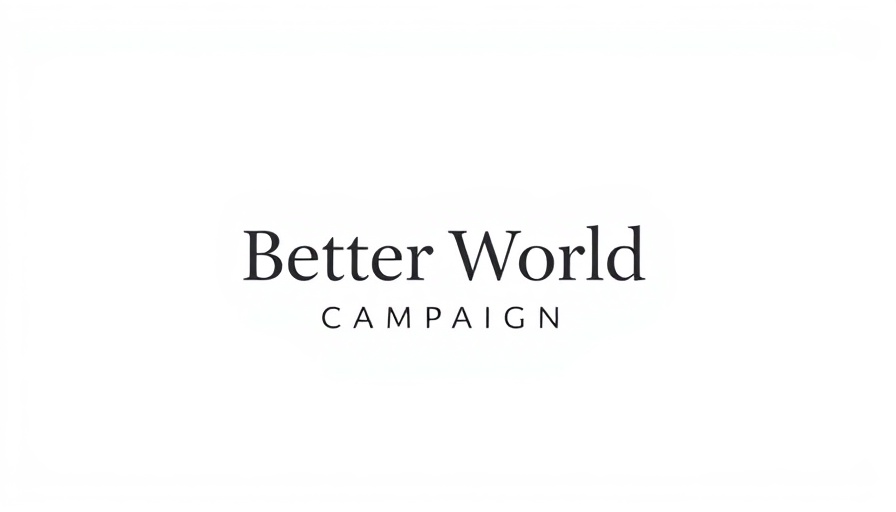
The Impact of UN Contracts on the U.S. Economy
Recent reports highlight a remarkable influx of $2.13 billion into the U.S. economy due to contracts awarded by the United Nations. This significant financial boost is not merely a statistic; it represents job creation, development projects, and a partnership that underscores the importance of global collaboration. Understanding this impact requires a closer inspection of how these funds are distributed and utilized.
Historical Context: UN Funding and Economic Aid
The role of the United Nations in global funding has evolved since its inception in 1945. Originally aimed at fostering international cooperation, the UN has grown into an essential framework for facilitating economic development across member nations. Over the decades, U.S. funding, including government contracts to various NGOs and companies, has been a vital component supporting a range of initiatives—from humanitarian aid to infrastructure development.
Building Bridges: The Social Connection
The financial resources pumped into the U.S. economy through UN contracts serve as a testament to the importance of social responsibility among corporations. By engaging in projects aimed at improving public health, education, and environmental sustainability, these contracts not only uplift communities but also foster a sense of solidarity and collective responsibility among citizens. They remind us that the socioeconomic fabric of our society is woven from both local and global threads.
Catalyst for Local Economies: A Closer Look
With $2.13 billion injected into various sectors, local economies stand to gain significantly. From construction companies getting new contracts for infrastructure improvements to technology firms developing sustainable solutions, these funds will create jobs and stimulate business growth. Businesses involved in these projects often experience a ripple effect, benefiting local suppliers and service providers.
Future Predictions: Economic Growth and Sustainability
The strategic allocation of these funds could lead to transformative changes in how communities approach sustainability. As climate change continues to pose challenges, the UN's investment in green technologies and sustainable practices will not only address urgent environmental issues but also position local economies for long-term viability. This forward-thinking approach could inspire other nations to follow suit, fostering a global movement towards economic and environmental responsibility.
Challenges and Opportunities in UN Contracts
While the influx of funds presents numerous opportunities, it is not without its challenges. Transparency and management of these contracts are vital to ensure the funds are used efficiently. Mismanagement can lead to wasted resources, diminishing the intended impact on local populations. Addressing these issues will require robust oversight and collaboration among stakeholders involved, including government agencies, NGOs, and community leaders.
Call to Action: Engage with International Initiatives
The unprecedented financial boost from UN contracts offers a unique opportunity for citizens to engage more actively in international development. Understanding where these funds are utilized allows individuals to support and influence initiatives that align with their values. Consider exploring international projects in your community or studying how global partnerships shape local initiatives. By doing so, you actively participate in a dialogue that promotes peaceful coexistence, compassion, and shared solutions.
 Add Row
Add Row  Add
Add 


Write A Comment